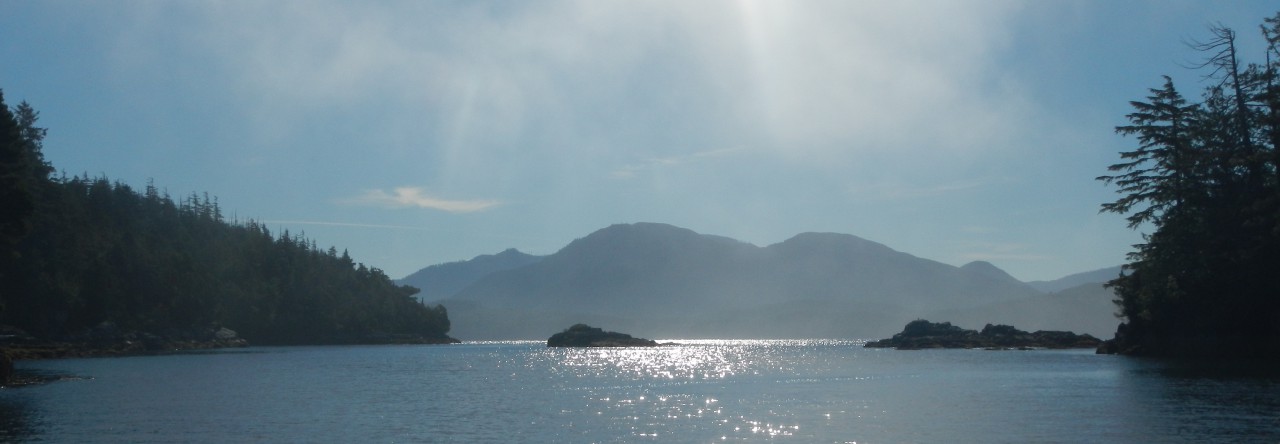Almost 3 years ago, I wrote some words about my experiences in a field course at the Bamfield Marine Sciences Centre. At the time, going to the BMSC was the culmination of a dream I had as a high-school student in landlocked Alberta, to go out and learn about our oceans in the field. Since then, I have graduated from university with a BSc and found myself a job in my field at the Institute for the Oceans and Fisheries at UBC. I’m quite lucky, all things considered.
I’m pretty different from the person I was when I graduated from high school. I moved away from home and found a place for myself in a new city; I explored radical new ways of thinking about issues of social justice (and then cooled off again after being burned a few times); I witnessed my family grow in the form of a wonderful boyfriend, a mischievous and active nephew, and the engagement of one of my siblings to his long-time girlfriend.
Crossing into the new year definitely feels like passing through a significant threshold. I spent a pretty big part of 2017 almost living day-by-day: waking up, going to work, coming home, watching YouTube, eating, sleeping, repeat. The last few weeks were especially so, a delicate balancing game between apartment-hunting, working two jobs, applying to graduate programs, and plenty of other small things. While I obviously had the occasional movie outing, going to restaurants, and other stuff, I haven’t gone on a hiking trip, went out on the water, or done anything like that in a long time.
Coming into 2018, my partner and I have settled into a brightly-lit place in a great neighborhood. My finances are stable, and thinking about the future feels less like I’m poking through a blinding haze. My overarching feeling is that I want to live less on a day-by-day basis, so I’m putting together a list of the various things I want to accomplish this year. In no particular order:
- Travel somewhere. My boyfriend and I will be celebrating five years of being together, and we haven’t gone on a trip anywhere for more than a year. Some potential destinations include Montreal, Portland, Seattle, or New York.
- Do more stuff outdoors. I consider myself a fairly outdoorsy person. However, my track record is fairly bad! I « never had time » or « was too busy » for the last 7 years. I want to change that in the following ways:
- Get my own ski equipment
- Go on at least three hikes and one camping trip
- Go kayaking or boating
- Complete a PADI Open Water Diving course. I work in marine science and have told myself I would learn to dive during my undergraduate degree. I’ve been putting it off for a long time and I think now is the time to get it.
- Go to the gym at least three times a week. Classic resolution, but I was pretty good with this in late 2016 and early 2017. I want to get back on the wagon and be in better shape.
I think these are good places to start.
